The popular brand CeraVe is known for its mild but effectively formulated products and now also has a retinol serum on the market. In this article, you can find out how good it is and what experiences have been made with the CeraVe Retinol Serum. We will also show you which good retinol serum alternatives are available.
The most important facts in brief
The CeraVe Retinol Serum was developed for acne-prone skin and contains 0.1 percent retinol
There are many good retinol serums as alternatives
CeraVe Retinol Serum
CeraVe is an American brand that focuses on sensitive skin care products and combats a wide range of skin problems with active ingredients. However, the products are very gentle on the skin. In USA, the brand is available in pharmacies or online.
The CeraVe skin-image renewing retinol serum was designed for acne-prone skin. It contains 0.1 percent retinol to effectively improve skin texture, unclog pores, minimize hyperpigmentation such as scars and age spots and stimulate collagen production.
Like all CeraVe products, the retinol serum also contains the ceramide complex, which strengthens the skin barrier and also protects against irritation caused by the retinol. It also contains niacinamide and licorice extract, which ensure a more even complexion, soothe redness and calm the skin. As it is also formulated without perfume, the retinol serum is also suitable for sensitive skin.
CeraVe Retinol Serum Alternatives
Retinol serum from the pharmacy
La Roche-Posay Retinol B3 Serum
0.3% retinol
Soothing and moisturizing
30 ml
Like CeraVe, other pharmacy brands also offer a retinol serum. La Roche-Posay offers a serum with 0.3 percent retinol, additional niacinamides and hyaluronic acid. This ensures a more even complexion and plumper, moisturized skin. In addition to pure retinol, it also contains a milder retinol derivative.
Product facts
- 0.3 % retinol
- Retinyl Palmitate is a milder retinol derivative
- Niacinamide soothes the skin and evens skin tone
- Glycerin and hyaluronic acid moisturize the skin
- Soybean oil has a nourishing moisturizing effect
- Tocopherol has an antioxidant effect
- Contains perfume
- 30 ml
Retinol serum for advanced users
Colibri Skincare Retinol Serum
If you have already had experience with retinol and tolerate it well, you can increase the dosage. The higher the retinol content, the more effective it is. On the other hand, irritation can occur more quickly if the skin is not used to it. The serum from Colibri Skincare comes with 0.6 percent retinol. The additional ingredients have a nourishing and soothing effect.
Product facts
- 2 % Bakuchiol is referred to as the natural retinol
- 0.5 % retinol
- 0.01 % retinal is a stronger form of vitamin A (corresponds to approx. 0.1 % retinol)
- Ceramides strengthen the skin barrier
- Glycerin moisturizes the skin
- Niacinamide soothes the skin
- Panthenol and allantoin soothe the skin
- Jojoba, sunflower seed, almond, argan and squalane oils nourish the skin
- Without perfume
- 30 ml
What is retinol?
Retinol is a form of vitamin A and is one of the most effective and best-researched ingredients in cosmetics. In the past, it was used purely for acne treatment and is still often prescribed to people with acne today. Over time, however, other effects of retinol have been discovered and these make it – quite rightly – one of the best anti-ageing ingredients.
How does retinol work?
When applied, retinol helps with cell division and renewal. Among other things, it stimulates the production of collagen and elastin and the skin becomes “thicker”. This reduces existing wrinkles over time.
Retinol also helps to reduce pigmentation such as scars, age spots and redness. Thanks to the slightly exfoliating properties of vitamin A, dead skin cells can be removed to combat impurities and improve skin texture.
Caution: If you use a product with retinol in your skincare routine, it is essential to use sun protection, as retinol can make the skin more sensitive to UV radiation. An SPF of at least 30 should be applied daily. Sunscreen is the best anti-ageing product, even before retinol.
FAQ
When is the best time to use retinol serum?
It is advisable to use a retinol serum in the evening, as the serum can be absorbed and take effect undisturbed while you sleep. When using a retinol serum, you should always wear UV protection with an SPF of at least 30 during the day, as retinol makes the skin more sensitive to UV radiation.
Which cream to use after retinol serum?
As the power of retinol can irritate or dry out the skin, the use of a cream after a retinol serum is a must. Rich creams with a mild formulation are recommended as they nourish and strengthen the skin. This can prevent the skin from drying out.
What are the benefits of retinol serum?
A retinol serum can stimulate collagen formation and thus minimize existing wrinkles in the long term. It also helps to lighten pigmentation such as scars or age spots, unclog pores and improve skin texture.
Where can I buy retinol serum?
Retinol is now available everywhere. Whether at the drugstore, pharmacy, or online – you can buy a retinol serum anywhere. Make sure you know what type and amount of retinol you are buying and try it out slowly to avoid possible irritation.
Conclusion
The CeraVe Retinol Skin Renewal Serum with its formulation is ideal for acne-prone skin, helps against blemishes and scars and ensures a better complexion. Equivalent alternatives can also be used, which are just as good or even more potent. This means that everyone can find the right retinol serum for them.

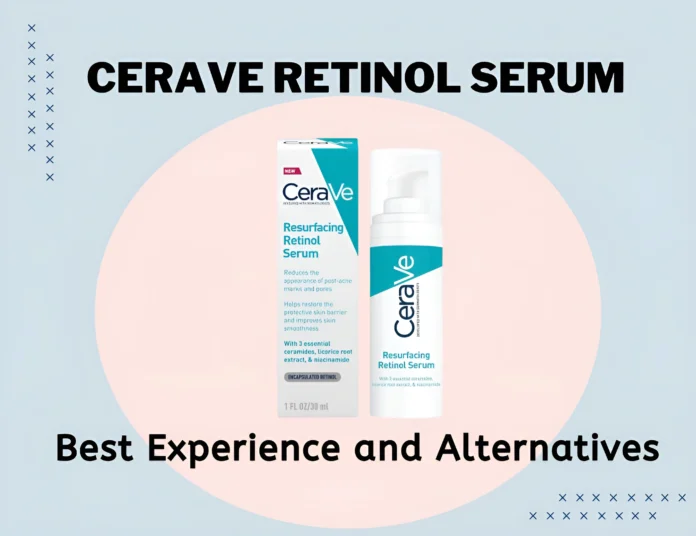
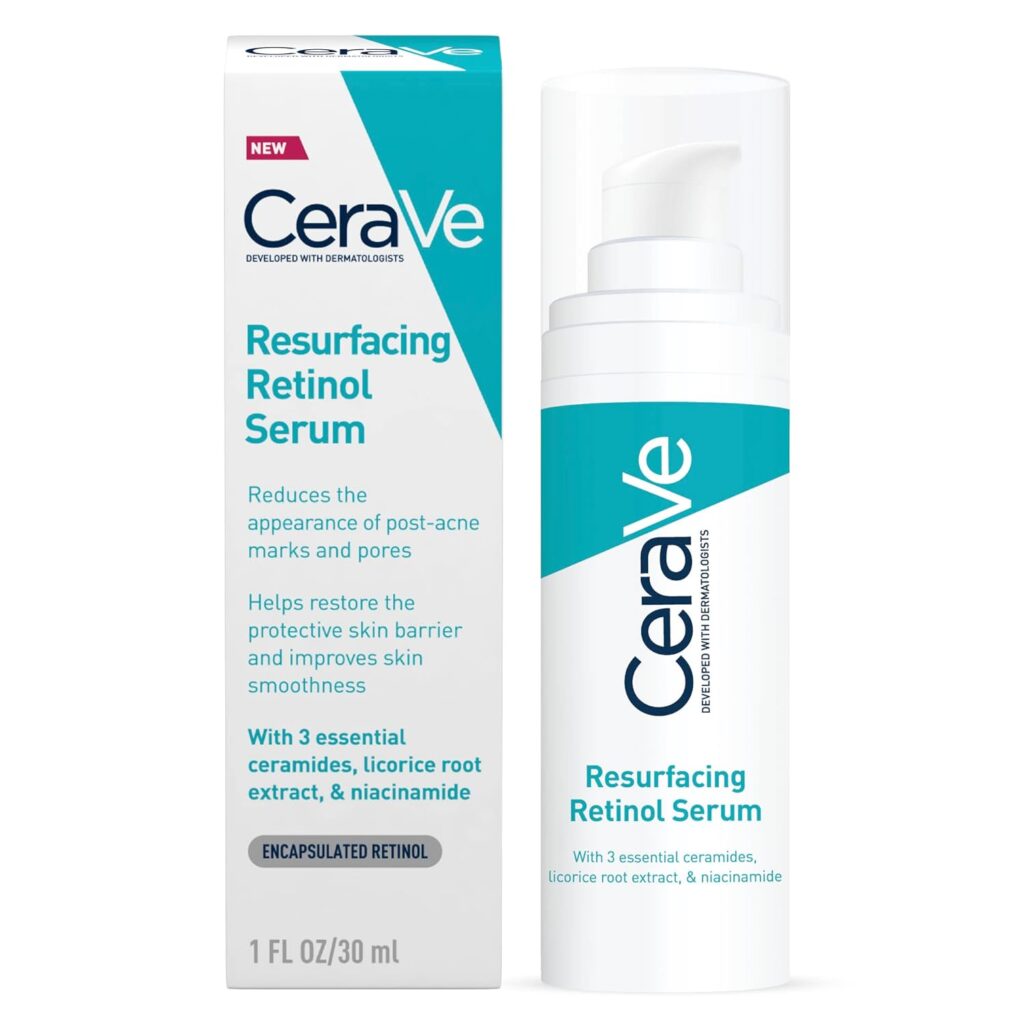
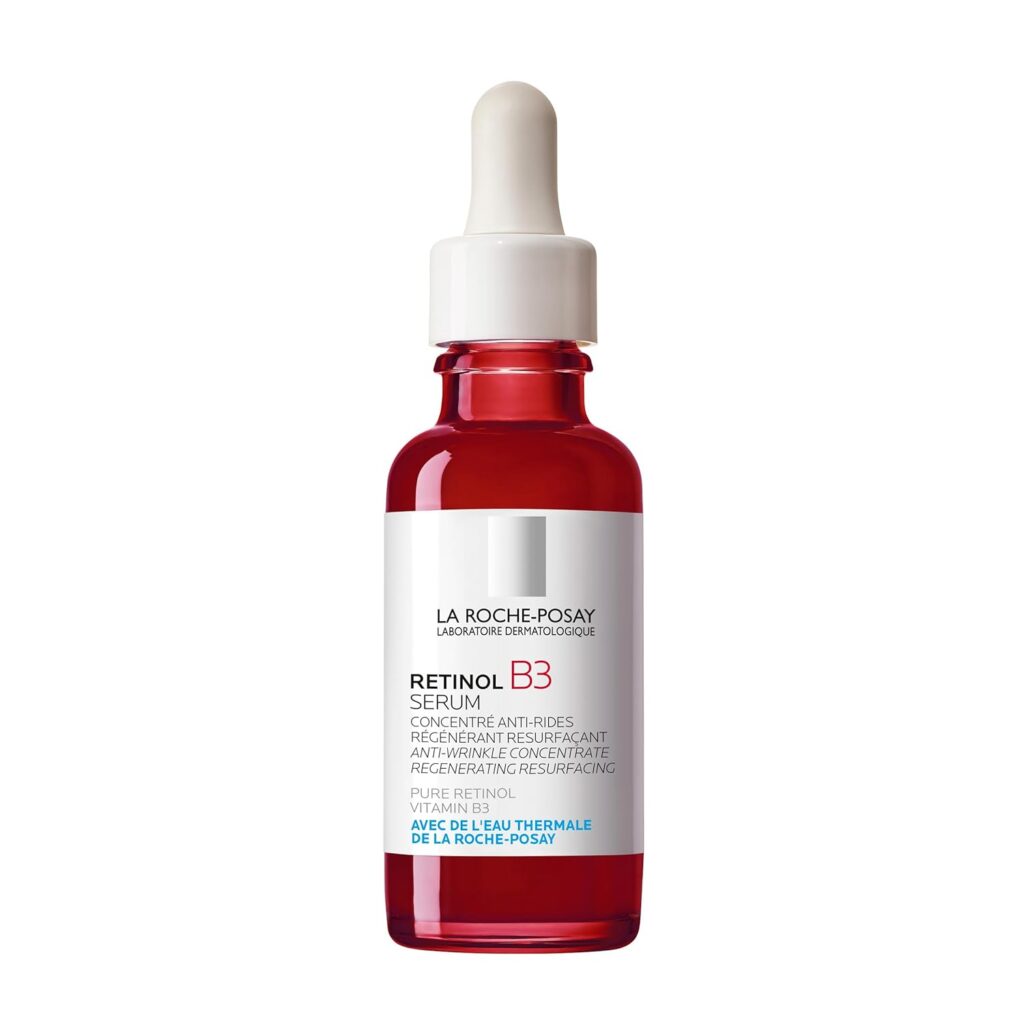

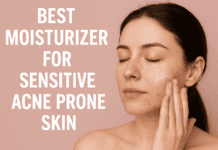



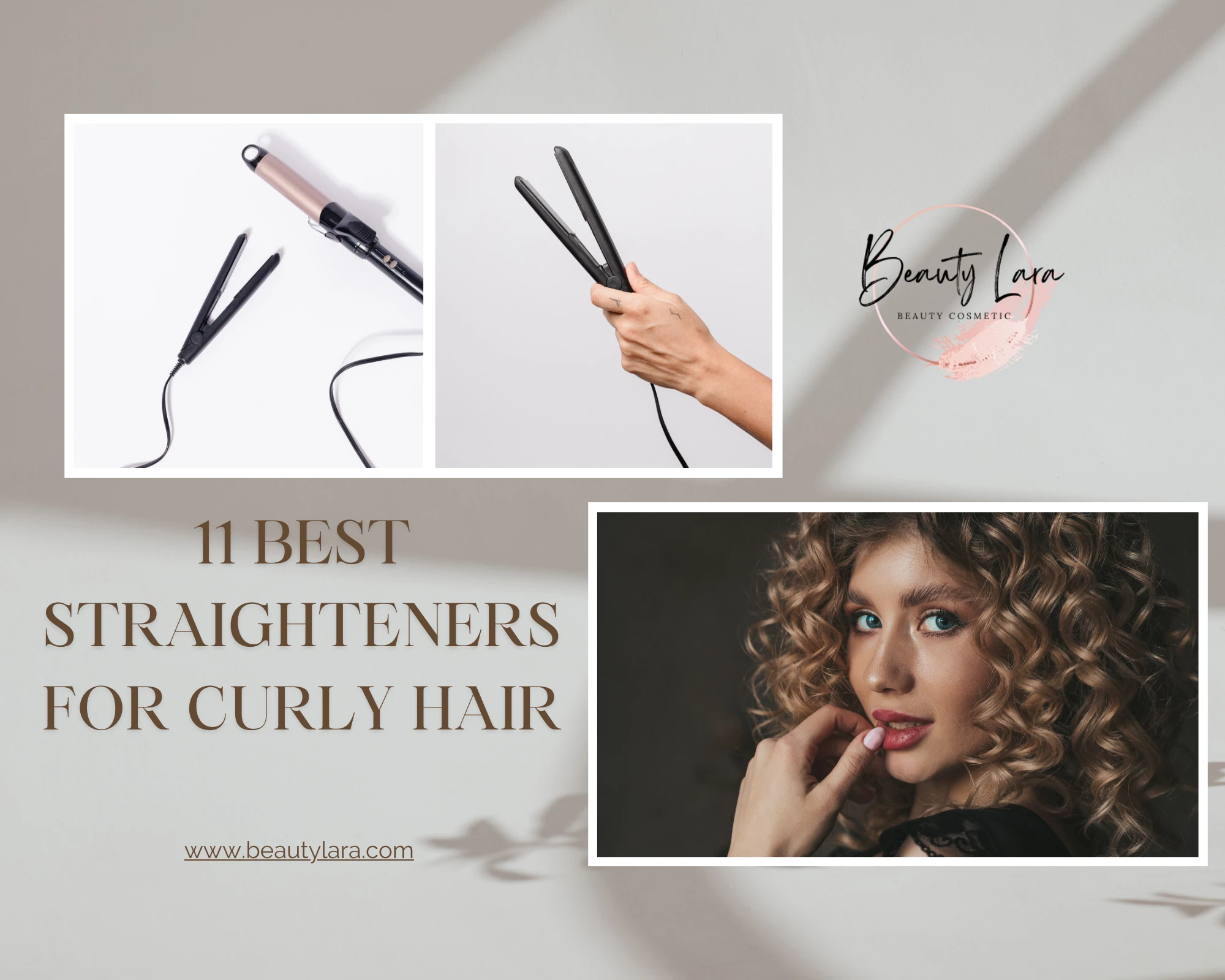
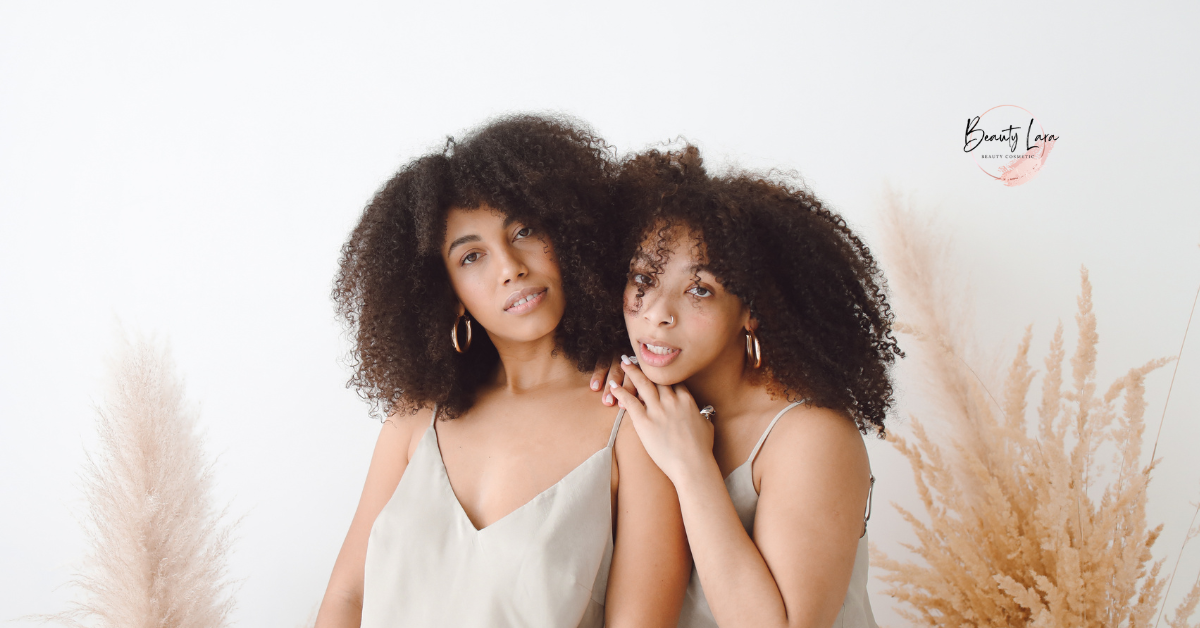
[…] Serums are concentrated correctors designed for specific skin problems and imbalances. Skin harmony can be disrupted by many different factors. Supplementing the usual skincare routine with these targeted “problem solutions” helps to restore the skin’s balance. […]
[…] CeraVe champions a simpler approach, focusing on strengthening the skin’s natural barrier. Their hero ingredient trio? Ceramides, hyaluronic acid, and niacinamide. […]